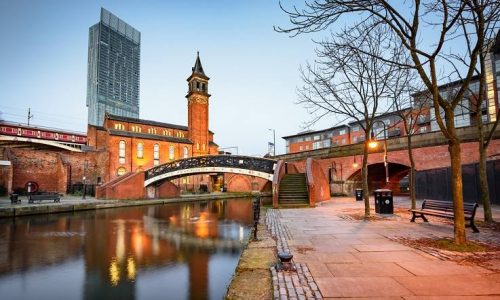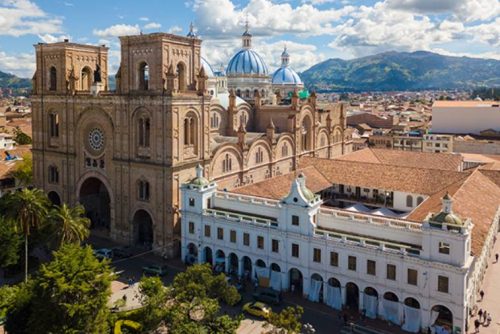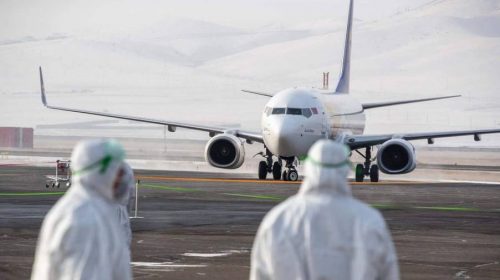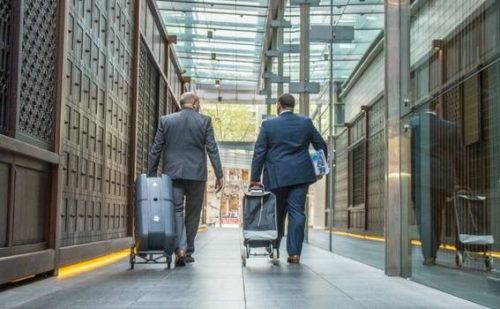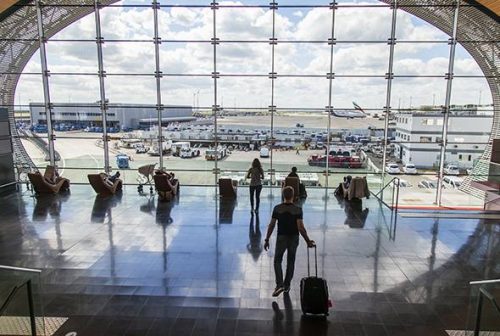London, United Kingdom, August 26, 2020 / TRAVELINDEX / A staggering £22 billion looks set to be lost from the UK economy due to the collapse of international travel during 2020, according to the World Travel & Tourism Council (WTTC).
Travellers and tourists are staying away from the UK in droves because of continuing uncertainty around travel restrictions designed to curb the spread of COVID-19.
As a result, this year international visitor spending could plunge by 78% compared to 2019 levels, equating to a loss of £60 million a day, or £420 million a week, to the UK economy.
The severe impact on UK Travel & Tourism is laid bare by WTTC as the economic fallout from coronavirus continues to burn its way through the sector. Nearly three million jobs in the UK supported by Travel & Tourism are at risk of being lost in a ‘worst case’ scenario mapped out by WTTC economic modelling.
According to WTTC’s 2020 Economic Impact Report, during 2019, Travel & Tourism was responsible for almost four million UK jobs, or 11% of the country’s total workforce. It also generated nearly £200 billion GDP, or 9% to the UK economy.
Gloria Guevara, WTTC President & CEO, said: “The economic pain and suffering caused to millions of households across the UK, who are dependent upon Travel & Tourism for their livelihoods, is evident from the latest WTTC figures.
“The lack of international travel caused by the pandemic could wipe out more than £22 billion from the UK economy alone – a loss of £60 million pounds a day – from which it could take years to recover. It could also threaten London’s position as one of the world’s premier hubs for business and leisure travel which could see other destinations take over.
“We urgently need to replace stop-start quarantine measures with rapid, comprehensive and cost-effective test and trace programmes at departure points across the country. This investment will be significantly less than the impact of blunt quarantines which have devastating and far-reaching socio-economic consequences.
“Targeted test and tracing will also rebuild consumer confidence to travel. It will enable the restoration of vital ‘air corridors’ between countries and regions with similar COVID-19 case rates.
“A quick turnaround test and trace system in place for all departing passengers means the government could consider reinstating travel between the UK and major international hubs. Restoring business class travel between the world’s top financial centres, such as London and New York, would act as an engine to help kick-start the economic global recovery.
“International coordination to re-establish transatlantic travel – for business and leisure trips – would provide a vital shot in the arm for the Travel & Tourism sector. It would benefit airlines and hotels, travel agents and tour operators and revitalise the millions of jobs in the supply chain which are dependent upon international travel across the Atlantic.”
WTTC analysis of international travel spending in the UK during 2019 reveals it reached almost £28.2 billion, accounting for 17% of the total tourism spend in the UK. Domestic travel spending was last year responsible for the other 83%.
A further breakdown reveals how crucial spending from international travellers during 2019 was to the UK economy. Every month it accounted for £2.35 billion or £540 million a week – and £77.3 million a day.
Between 2016 and 2018, the largest inbound source markets to the UK were travellers from the U.S and France, each accounting for 10% of all international arrivals, with Germany coming in third with 9%, and Ireland and Spain in joint fourth place with 7% each.
Data for 2018, which is the most up-to-date available, shows how dependent London in particular is on international visitor spending. It accounted for a massive 85% of all tourism spending in the city, with domestic tourists making up the remaining 15%.
The US was the most important source market for the city with 15% of arriving visitors, with France in second place with 9% of arrivals, Germany in third place with 8% of arrivals, and Spain in fourth position with 7%.
As one of the world’s most popular cities for international visits, the loss of this international visitor spending – which accounted for a staggering six pounds out of every seven spent in London – could have a profound long-term impact on the UK’s capital for years to come.
According to WTTC’s 2020 Economic Impact Report, during 2019, Travel & Tourism was responsible for one in 10 jobs (330 million total), making a 10.3% contribution to global GDP and generating one in four of all new jobs.

